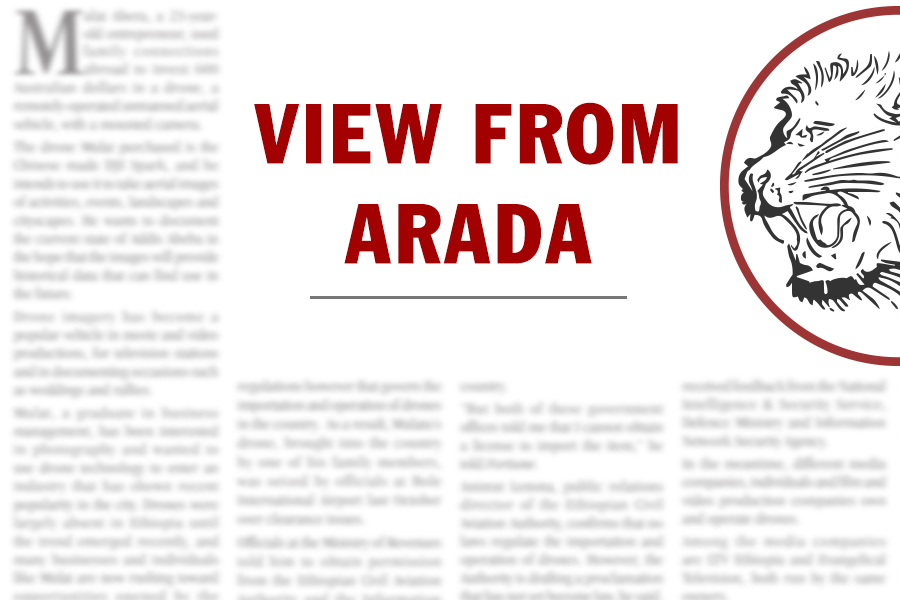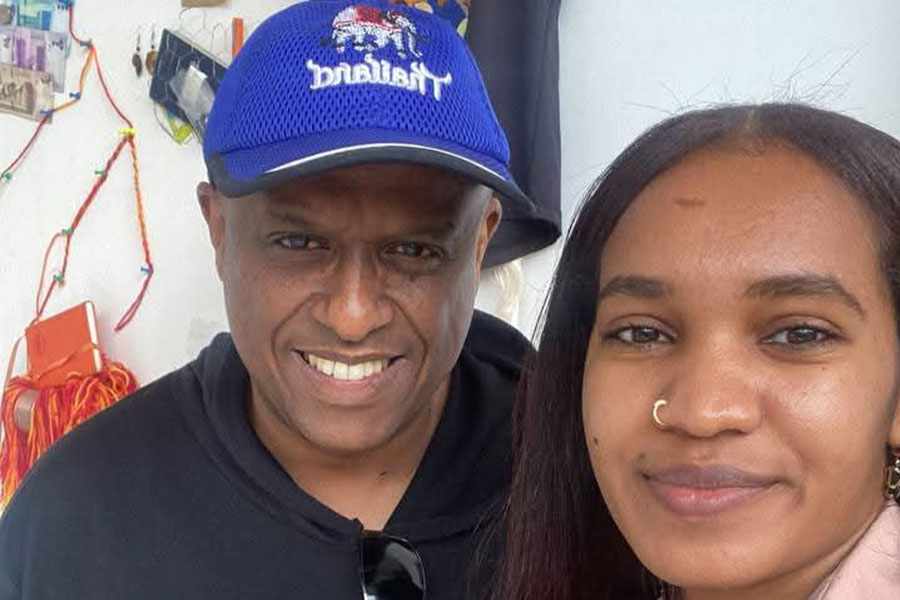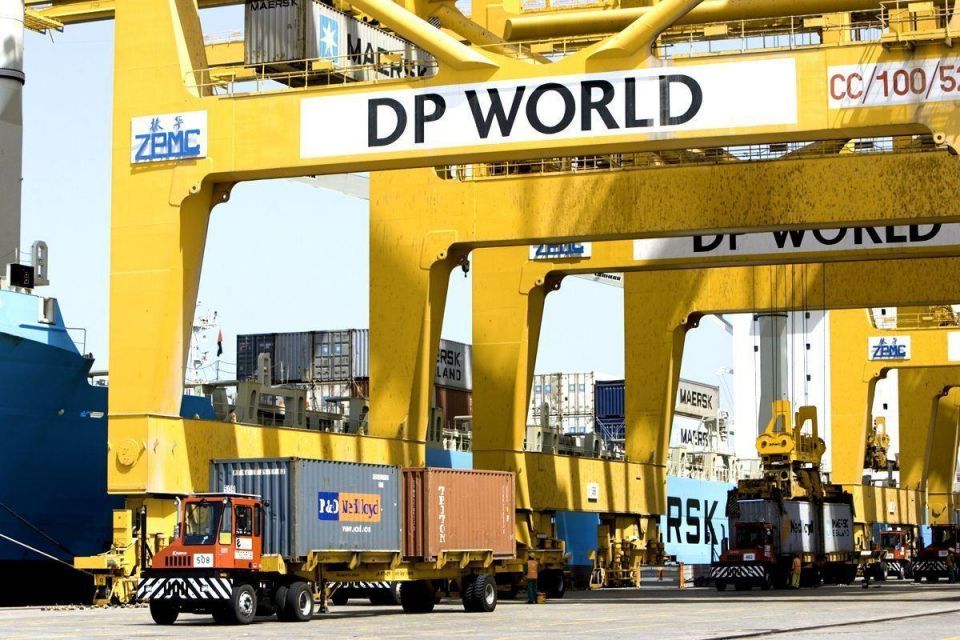
Nov 16 , 2024
By Ian Bremmer
Donald Trump’s resounding victory should not have come as a shock to anyone. The 45th and 47th President rode an unprecedentedly strong anti-incumbency wave that has severely punished almost every governing party around the world at the ballot box this year. Vice President Kamala Harris was among the "best" performers of all “incumbents” who faced elections in rich countries this year – a testament to her disciplined campaign, Trump’s historically unpopular candidacy, and America’s world-beating economy.
Still, this was not enough amid widespread voter frustration with elevated immigration levels and persistently high prices, a legacy of the global post-pandemic inflation surge. A hyperpolarised information environment that divides America into partisan echo chambers made it all but impossible for the Harris campaign to counter these headwinds. No party has ever retained the White House when incumbent approval is as low as it is, and when so many Americans think the country is on the wrong track.
Seen in this light, Harris’s defeat was more likely than not.
The first Republican to win the popular vote in 20 years (owing to gains with nearly every demographic group, in almost every region), Trump will take office not only with a strong mandate but also with unified control of Congress and a conservative Supreme Court majority. He will have free rein to enact his sweeping domestic policy agenda, radically remake the federal government, and rewrite institutional norms.
But if Trump’s return will have a profound impact on the United States, it may matter even more for the rest of the world.
Many expect that US foreign policy in the second Trump administration will simply be a repeat of his first term, when there were no major wars (other than the winding down of America’s longest in Afghanistan). Trump even scored some notable foreign-policy successes, including a revitalised North American Free Trade Agreement (now the US-Mexico-Canada Agreement), the Middle East Abraham Accords, fairer cost-sharing among NATO members, and new and stronger security alliances in Asia.
Trump is still the same person he was four years ago, for better and worse, and his worldview remains unchanged, as does his assertively unilateralist and transactional approach to foreign policy.
But other things have changed. For starters, while the president-elect remains personally uninterested in the business of governance, his second administration will be staffed with more ideologically aligned and experienced senior officials ready to implement his “America First” agenda from the start. Gone are the institutionalist career staffers who often checked the President’s most disruptive impulses, as well as the less seasoned loyalists who later replaced them.
Trump’s second-term foreign-policy advisers will be much more loyal than those at the start of his first term, and more experienced than those at the end of it.
Most importantly, the world has become more dangerous since he last held the job. Trump’s first-term accomplishments occurred amid historically low interest rates and within a benign geopolitical context. But now, two regional wars, intensifying competition with China, emboldened rogue actors like Russia, Iran, and North Korea, a sluggish global economy, and disruptive technologies like artificial intelligence (AI) will place entirely new demands on Trump’s leadership.
The stakes are higher, and the implications of an unpredictable “America First” foreign policy are much more far-reaching than in 2016. Extreme outcomes are much more likely. Though Trump will still be able to get some foreign-policy wins through his transactional approach and the influence that comes with being president of the world’s most powerful country, the potential for things to go sideways is far greater in this environment.
For example, after the Biden administration managed to stabilise relations, Trump will take a much harder line toward China. This will begin with a push to hike tariffs on Chinese imports to address the bilateral trade deficit. Depending on how prohibitive Trump’s tariffs are and whether the Chinese see room to negotiate rather than retaliate, it is possible that escalation could prompt a breakthrough. After all, China faces severe economic problems and will tread carefully to avoid unnecessary crises.
But, it is more likely that the confrontational approach favoured by Trump’s hawkish cabinet and congressional Republicans will harm the relationship. The result will be a new cold war that ultimately increases the risk of direct military confrontation.
In the Middle East, the President-elect will try to expand his signature Abraham Accords to include Saudi Arabia, while giving Israel a blank check to prosecute its wars, with no pressure to limit the humanitarian toll or escalation risk of its actions. Most concerningly, Trump will support – if not actively encourage – Israeli Prime Minister Binyamin Netanyahu’s goal of dealing with the Iranian nuclear threat once and for all, risking a broader conflagration and significant energy disruptions.
By contrast, Trump has vowed to end the war in Ukraine within “a day” – possibly before he is even inaugurated – by unilaterally pressuring Presidents Volodymyr Zelensky and Vladimir Putin to accept a ceasefire that freezes the conflict along current territorial lines, using military aid to Kyiv as leverage over both sides. Whether they will accept the terms or not is an open question.
Much will depend on how Europe responds. Frontline NATO countries – Poland, the Baltics, and the Nordic states – see Russian aggression as an existential threat to their national security, and will be willing to incur the significant costs of protecting Ukraine if the US bails out. Others might relish the chance to cut a deal, whether for ideological reasons (as in Hungary’s case), for political reasons (Italy), or for fiscal reasons (Germany).
Trump’s second term could be the catalyst that finally unites Europe and galvanises a stronger, more consolidated, and “strategically autonomous” security response. Or it could reinforce existing divisions within the European Union, severely weaken the transatlantic alliance, and invite further Russian aggression.
Either way, Trump’s return will usher in a period of heightened geopolitical volatility and uncertainty, marked by a greater likelihood of both catastrophic breakdowns and improbable breakthroughs.
PUBLISHED ON
Nov 16,2024 [ VOL
25 , NO
1281]


Commentaries | Apr 10,2023

Fortune News | Apr 20,2019

Viewpoints | Oct 23,2021

View From Arada | May 03,2024

Commentaries | Jun 21,2025

View From Arada | May 31,2025

Radar | Dec 16,2023

Life Matters | Jun 29,2019

Commentaries | Sep 16,2023

Fortune News | Dec 12,2020

My Opinion | 131451 Views | Aug 14,2021

My Opinion | 127803 Views | Aug 21,2021

My Opinion | 125783 Views | Sep 10,2021

My Opinion | 123419 Views | Aug 07,2021

Dec 22 , 2024 . By TIZITA SHEWAFERAW
Charged with transforming colossal state-owned enterprises into modern and competitiv...

Aug 18 , 2024 . By AKSAH ITALO
Although predictable Yonas Zerihun's job in the ride-hailing service is not immune to...

Jul 28 , 2024 . By TIZITA SHEWAFERAW
Unhabitual, perhaps too many, Samuel Gebreyohannes, 38, used to occasionally enjoy a couple of beers at breakfast. However, he recently swit...

Jul 13 , 2024 . By AKSAH ITALO
Investors who rely on tractors, trucks, and field vehicles for commuting, transporting commodities, and f...

Jun 28 , 2025
Meseret Damtie, the assertive auditor general, has never been shy about naming names...

Jun 21 , 2025
A well-worn adage says, “Budget is not destiny, but it is direction.” Examining t...

Jun 14 , 2025
Yet again, the Horn of Africa is bracing for trouble. A region already frayed by wars...

Jun 7 , 2025
Few promises shine brighter in Addis Abeba than the pledge of a roof for every family...

Jun 29 , 2025
Addis Abeba's first rains have coincided with a sweeping rise in private school tuition, prompting the city's education...

Jun 29 , 2025 . By BEZAWIT HULUAGER
Central Bank Governor Mamo Mihretu claimed a bold reconfiguration of monetary policy...

Jun 29 , 2025 . By BEZAWIT HULUAGER
The federal government is betting on a sweeping overhaul of the driver licensing regi...

Jun 29 , 2025 . By NAHOM AYELE
Gadaa Bank has listed 1.2 million shares on the Ethiopian Securities Exchange (ESX),...